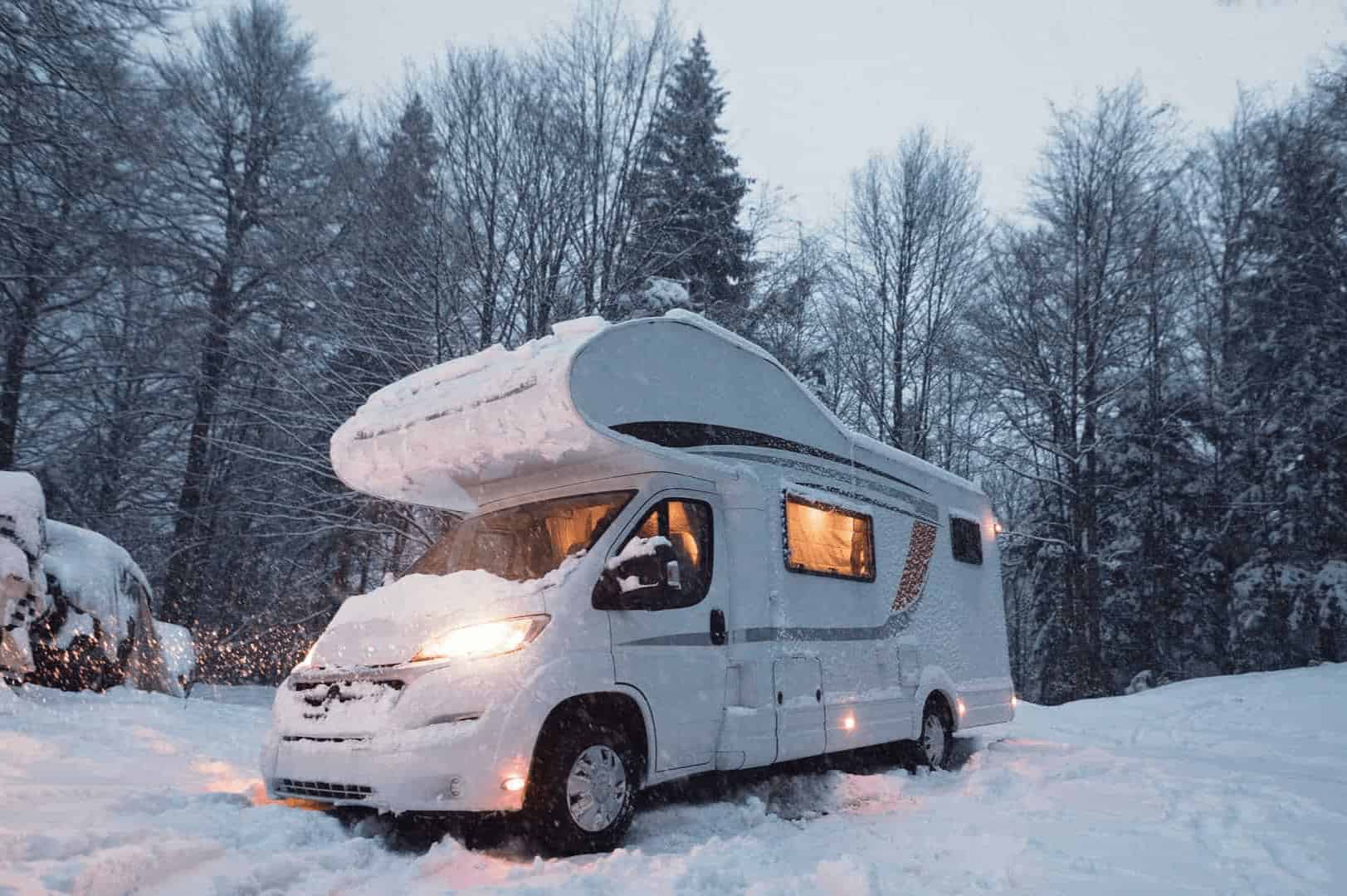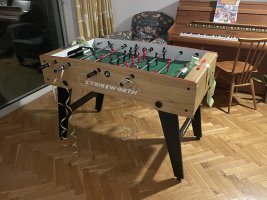Lambeth Cali
Super Poster
VIP Member
I have just put together a surprise Xmas gift and hidden it in the van.
It is a table football game, quite large and made out of MDF and metal tubes.
Can any condensation experts tell me if the condensation in this freezing weather will rust the metal and cause the MDF to crumble?
I put a thin duvet over it. Partly to disguise it.
Nobody is sleeping in the van so will condensation be negligible?
It is a table football game, quite large and made out of MDF and metal tubes.
Can any condensation experts tell me if the condensation in this freezing weather will rust the metal and cause the MDF to crumble?
I put a thin duvet over it. Partly to disguise it.
Nobody is sleeping in the van so will condensation be negligible?

















